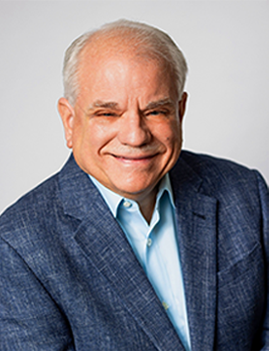My son-in-law was charged with Contributing to the Delinquency of a Minor. What happened is he had a New Year’s party and some of his friends are under 18 years old, he just turned 21 in college. He is in a fraternity and had his party in his apartment which was busted by the cops for loud noises. Some of the younger fraternity members were just new freshmen and brought local friends that were under 18. The cops got them for underage drinking. This has turned into a big problem with the fraternity and the school. The dean said he may be expelled from school. What can we do for him?
This can be a big problem for him, especially if he gets expelled from school. The expulsion will make it harder to get into another school. He needs a good, qualified criminal attorney in his jurisdiction as I believe this will go to trial because the school will want to show it is tough on alcohol.
Any adult, which means over 18 years old, that helps, allows or persuades minors, which means under 18 years old, to violate the law may be charged with Contributing to the Delinquency of a Minor (CDM). Drinking alcohol when underage will definitely fit the description of delinquency of a minor. Juveniles have laws specifically to protect them from themselves, such as Zero Tolerance Laws, Minor in Possession, underage DUI.
States make it a crime for adults to assist a minor in violation of the law. A great example is if you buy beer for your minor child and his friends for a party some states consider that action a misdemeanor (up to one year in jail) while other states treat the crime as a felony (over one year in jail). Many states use the language “tending to cause delinquency” which means you could be charged with buying the beer even if your minor child does not take possession of the beer.
Elements of the crime of CDM vary by state but usually include: 1) an adult committed an act or failed to perform a duty, 2) the act or omission caused a minor to become or remain a dependent of the juvenile court or a delinquent or a habitual truant. Some states require only parents, legal guardians and others who have care of custody may be charged with CDM. However these same states often charge friends, coworkers or even strangers for CDM.
States disagree on whether the behavior must actually lead to a violation of the law and whether a guilty verdict requires mens rea (guilty mind). To better explain mens rea, let’s assume two different bartenders serve a young lady a beer. Bartender one has never seen her before, when asked she provides driver’s license showing her age to be 21 years old and the license appears to pass all the tests the bartender has been trained to examine before selling her the beer. Bartender can still be charged with serving alcohol to a minor even if he examined her license because she is actually only 19. However his defense will be he tried all the ID tests required by the state and even the prosecutor could not tell the license was fake because it was a high quality fake.
Now bartender number 2 is presented with the same high quality fake license but he knows the girl and is aware she is a minor. ID or not he can be charged with serving alcohol to a minor and his defense will be much harder as he had mens rae or a guilty mind in that he know the license was a fake, she was really a minor and he served her anyway. From either bartender, when she received the beer she could be charged with minor in possession of alcohol.
Harmful behavior is often criminal but the unintentional harmful behavior is either “mistake in fact” or “mistake in law”. Mistake in fact means your behavior of violating the law was due to mistaken knowledge of the crime and your intent was not to break the law. Mistake of law is the opposite as you knew the law and you intended to break it.
Some states allow adults to provide a minor with alcohol within narrowly defined exceptions: New York and Texas allow parents to serve their child a glass of wine at dinner in a private premises; Colorado and Illinois allow minors to drink a sip of wine a church; Arizona and Washington allow some medication containing alcohol for medical purposes; and Massachusetts and Nevada allow a teenager to have a drink with their parents at a restaurant if the parents approve.
The range of permission for minors to use alcohol is very narrow but they do exist and can be used as a defense to CDM. However any alcohol charge on your record can have a detrimental effect on your ability to get a job in the future, especially with the government. Just as bad is any expulsion from the college for CMD or alcohol violations will make it very difficult to get into another school and as they say about schools: This will go into your permanent file!

